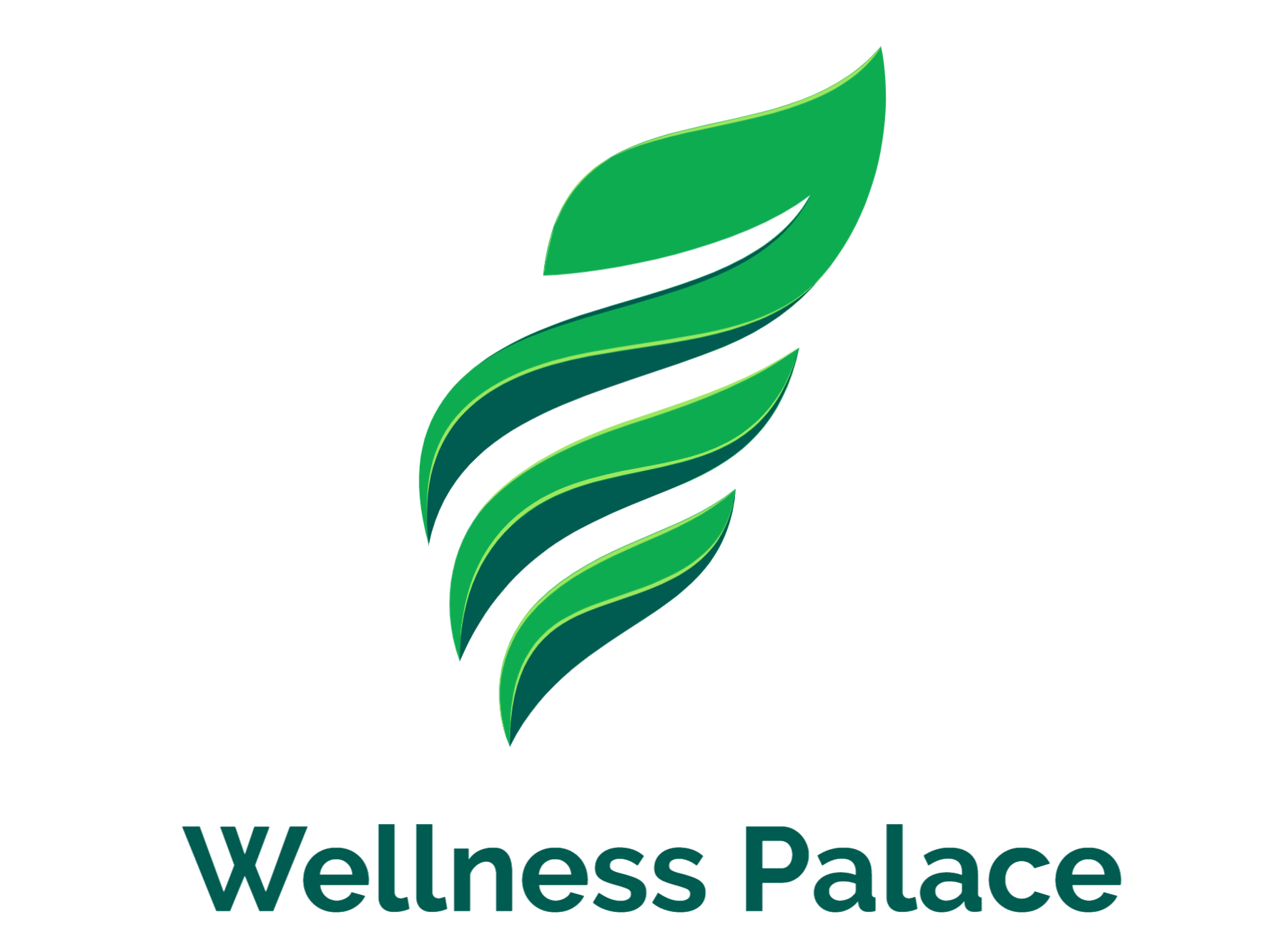Workaholism
Do you feel you’re always working? Do you feel you can’t relax or take a break, even when you’re not at work? If so, then you may struggle with workaholism.
Workaholism is a serious issue that can negatively affect your health, personal relationships, and career.
This article will discuss what workaholism is, its dangers, and how to overcome it. We will also provide tips for creating a healthy work-life balance and taking time for yourself.
What is Workaholism, And How Can You Identify It?
Workaholism is an obsessive-compulsive disorder characterized by a compulsion to work. It often comes with the inability to relax or take breaks, even when not at work. If you think you may be a workaholic, ask yourself the following questions:
Do you feel you’re always working? Do you feel guilty or anxious when you’re not working? Do you have trouble taking breaks or vacations? Do you work over 40 hours a week? Do you find it difficult to delegate work to others?
You might be a workaholic if you answered yes to any of these questions.
The dangers of workaholism and the adverse effects on your health, personal relationships, and career. Workaholism can have serious negative consequences for your physical, mental, and emotional health.
Healthwise, workaholism can lead to physical and mental health problems such as burnout, anxiety, depression, insomnia, heart disease, and ulcers. Workaholism can also strain your relationships.
Workaholism can negatively affect your career by leading to job dissatisfaction, poor job performance, and conflict with co-workers.
How To Overcome Workaholism And Learn To Prioritize Your Time And Energy
There is no one-size-fits-all solution to overcoming workaholism. However, the following points may be helpful.
First, identify your triggers. What causes you to become a workaholic? Identifying your triggers can help you find other ways to cope with them.
Second, set boundaries. Set limits on how much work you complete each day and stick to it. Also, schedule breaks. Schedule time for yourself every day to relax and recharge.
Make time for hobbies and interests. Find things outside of work that you enjoy and make time for them.
Talk to someone. Talk to a trusted friend, family member, or therapist about your workaholism. Like alcoholism or any other addiction, some groups focus on tackling and overcoming workaholism. Talk to your healthcare professional about services available in your area.
There are several things you can do to create a healthy work-life balance. Here are some tips:
- Shorten your to-do list by listing three important tasks per day instead of a long list of non-essentials. This way, you’ll be able to handle each task properly.
- Detach yourself from work, which is especially difficult if you work from home. If you can, create a dedicated workspace in the house. When it’s time to clock off for the day, shut everything down and prioritize family time, self-care, or anything that does not involve work.
- Make time for friends and family, even if it’s just a quick call or text. They will appreciate your efforts and you will also be happy.
- Schedule in some “me” time every day, even if it’s just 15 minutes. Use this time to read, take a bath, or do something that makes you happy. The benefit of taking time for yourself is learning to relax.
- Some other benefits include improved mental health, increased productivity, reduced stress, and stronger physical health.
- When you take time for yourself, you can recharge and rejuvenate. It can lead to stronger mental health and increased productivity when you return to work.
- In addition, taking time for yourself can improve relationships with friends and family, as you can focus more on them instead of work.
- So, if you’re feeling overwhelmed by work, take a step back and assess your priorities. Make sure you’re taking time for yourself and those you love. Your health and happiness should always be a top priority. Work can wait.
Workaholism can have serious negative consequences for your physical, mental, and emotional health. If you’re feeling overwhelmed by work, take a step back and assess your priorities.
Make sure you’re taking time for yourself and those you love. Your health and happiness should always be a top priority. Work can wait. Seek help, if needed, from a healthcare professional, therapist, or support group.

